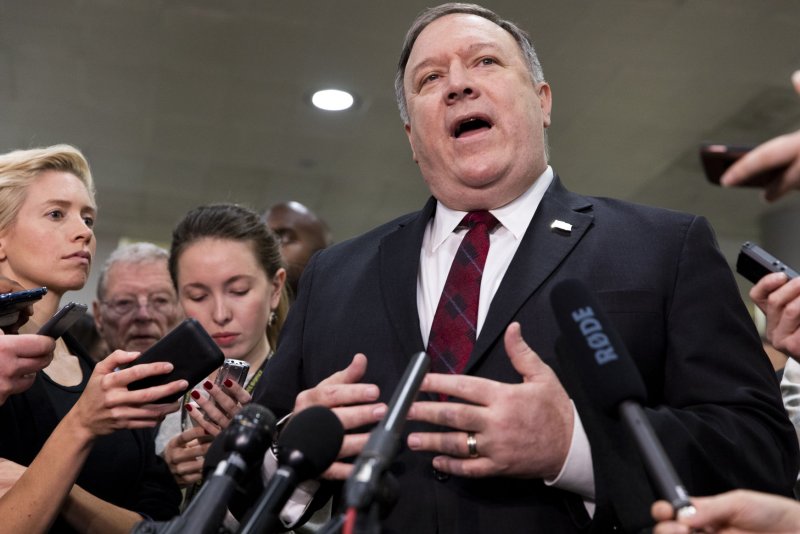Nov. 28 (UPI) -- Secretary of State Jim Mattis has called for a 30-day cease-fire in Yemen's civil war and the start of peace talks, within a month's time.
The Pentagon chief's remarks signal a clear desire by the United States to bring and end to the fighting that's plagued Yemen for the last few years.















